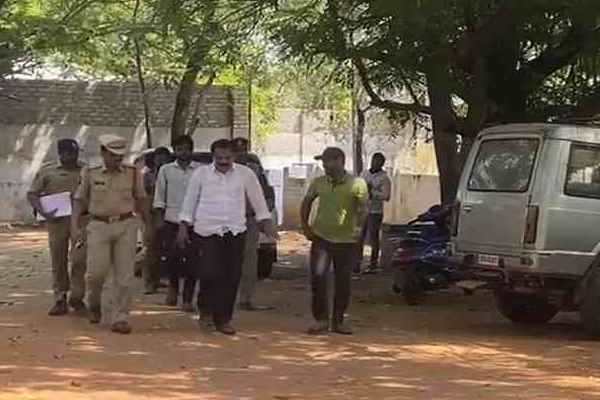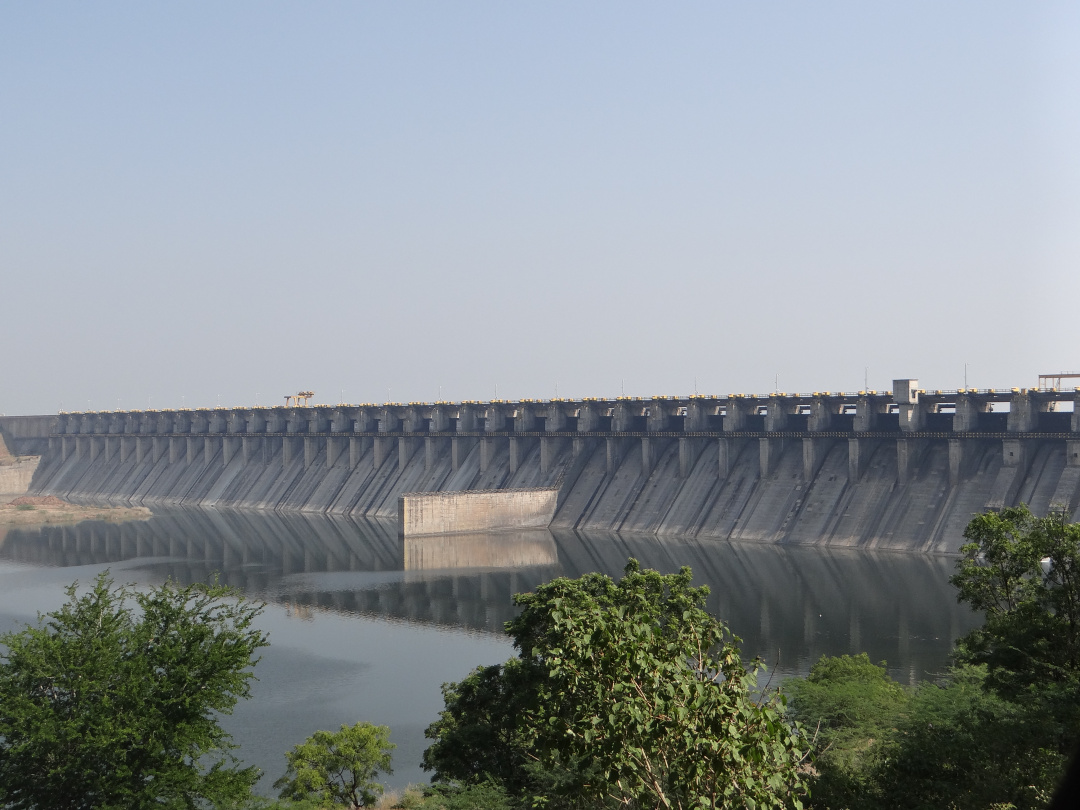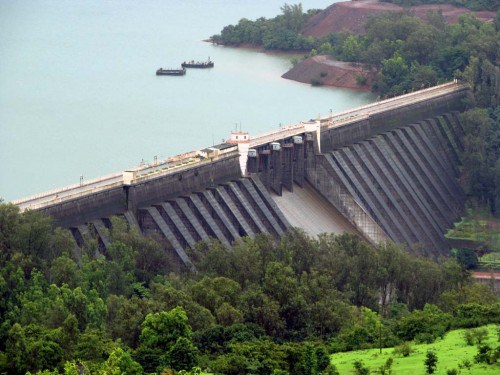Water experts urging the Indian parliament to stop ‘mindless’ Westward diversion of Krishna basin water by Maharashtra which is being drained into sea . By this Karnataka, Telangaan, Andrha pradesh could be saved from looming severe drought. It is not too late, say Himanshu Thakkar and Parineeta Dandekar of SANDRP (Sourth Asia Network on Dams, Rivers and People. We carry their warning to the nation posted in SANDRP website. It is an emergency call to the governments of AP and Telangana as well.
Large parts of Krishna basin spanning Maharashtra, Karnataka, Andhra Pradesh and Telangana are facing massive rainfall deficits, drought like conditions and crop failures. The tail-end reservoirs of Srisailam and Nagarjun Sagar are almost empty. Telangana and Andhra Pradesh are already thinking of conserving the available water for drinking water. They are not even thinking of releasing any water for saving the crops in delta farmers. In Upstream Maharashtra itself, The Ujani dam has minimum storage and perennially dry Marathawada has the highest rainfall deficit. Shockingly, in this very period from July 1 to Aug 6, Maharashtra has diverted more than 350 Million Cubic Meters of water (at most conservative estimates) FROM this very Krishna and Bhima basin to the High Rainfall area of Konkan and down to the sea! If this diversion was stopped since July 1, when the signs of severe monsoon deficits in the three states were already there, this water would have been available to save crops in lakhs of acres in the river basin, and some it would have also flowed to Andhra Pradesh and Telangana and water may have been available for saving this crop. How can continue such wasteful use of water in deficit basin, at the cost of livelihoods of lakhs of farmers? Even now it is necessary to URGENTLY review this situation and consider stopping diversion of water FROM Krishna basin to sea. This may save crops and livelihoods of lakhs of farmers.
Kharif crop planting across majority of Marathwada has failed due to lack of water availability. Lakhs of farmers are staring at crop loss even after double and at places triple sowing. Some parts of Marathwada are still deploying tankers for drinking water supply since last year.
Koyna and Tata Dams in Maharashtra:The westward diversion of water from Krishna basin to Konkan and further to sea is happening through the four-stage Koyna Dam with total installed capacity of 1920 MW. These projects, as per the daily reports of Maharashtra Load Despatch Centre, generated 337.47 Million Units (MU) of power between July 1 and Aug 6, 2015. As per Krishna Water Disputes Tribunal Award, Koyna is annually diverting 1911 MCM (Million Cubic Meters) of Water.
So assuming proportionate diversion, Koyna project would have diverted 216.7 MCM during July 1 to Aug 6. Why we can afford to forgo the loss of power now It is interesting to note that during this period from July 1 to Aug 6, 2015, wind power generation in Maharashtra was 1378.1 MU, almost three times the power generation from Koyna and Tata dams that would have been forgone if the diversion was stopped.
Moreover, as it well known during this period, the power demand across the country was so low that the Plant Load Factor of Thermal Power projects have come close to 50% from peak of over 80%, NTPC is talking about poor off take of power and the cost of power at power exchanges have come down below 2.5 per unit, from 7.5 per unit a few years ago.
All this indicates that this loss of power could have been compensated, but there is no way to compensate the losses due to loss of water for the farmers.
We have raised this question earlier too. It is high time that we review this mindless practice of diverting water from a known water deficit situation, at least in such severe drought like situations and consider stopping this diversion when country’s power situation allows us to forgo the power loss from stoppage of diversion.
We hope in the interest of lakhs of farmers Maharashtra government will urgently review this situation and stop this mindless diversion of water from the water deficit river basin to sea. At least let us have a public debate on this.



































